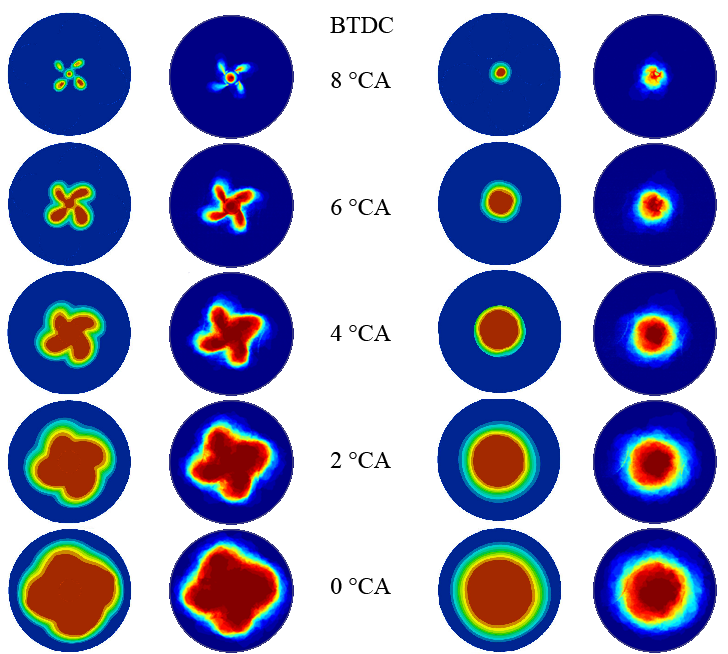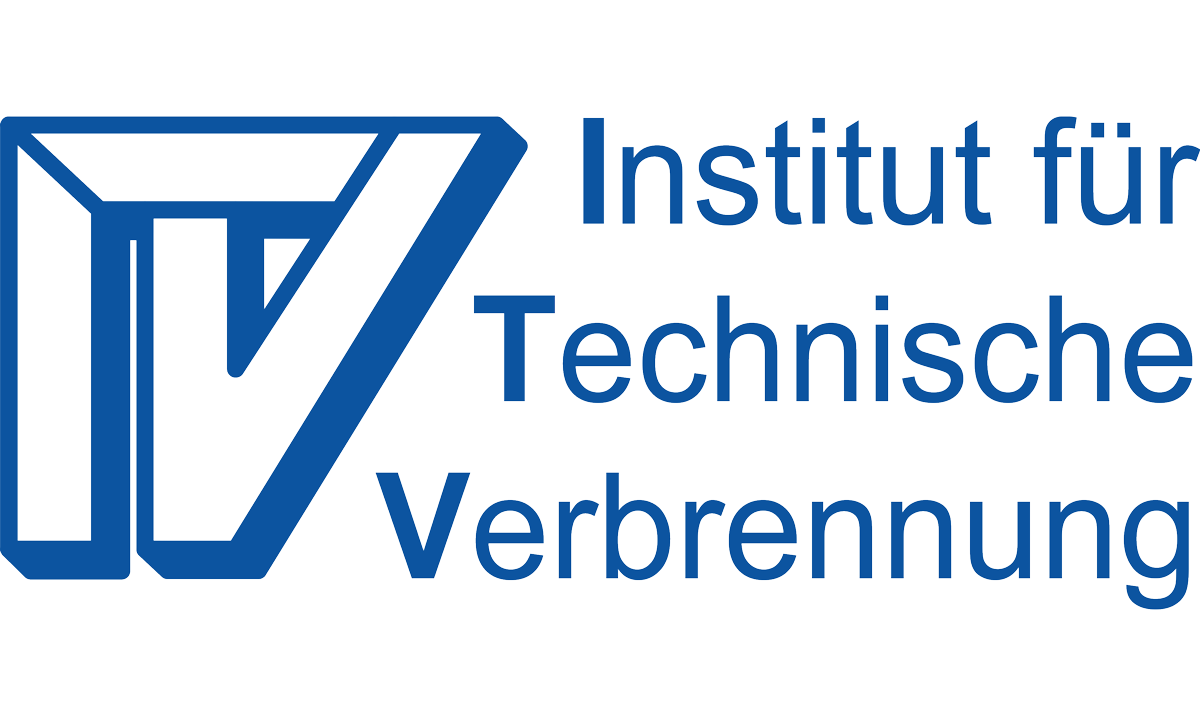Berechnung der Flammenausbreitung und HC-Emission von Gasmotoren
 © Institut für Technische Verbrennung
© Institut für Technische Verbrennung
| Team: | Dr.-Ing. Kalyan Kuppa |
| Year: | 2013 |
| Is Finished: | yes |
Unverbrannte Kohlenwasserstoffe (UHC) können bei Gasmotoren einen treibhausgasschädlichen Anteil der Schadstoffemissionen darstellen. Ziel der Arbeit ist die Entwicklung einer Berechnungsprozedur zur Vorhersage der UHC-Quellen im Brennraum, die auch für komplexe dreidimensionale Brennraumgeometrien einsetzbar ist und die lokalen Strömungs- und Turbulenzbedingungen berücksichtigt. Eine direkte Einbindung der Schadstoffberechnung in die CFD-Strömungsberechnung ist nicht möglich. Es wird deshalb ein Ansatz vorgeschlagen, wie die Reaktionsprozesse detailliert über drei separierte Untermodelle berücksichtigt werden können. Dies geschieht über ein Modell zur turbulenten Flammenausbreitung, über ein Modell zur Flammenquenchung und über ein Reaktionsmodell zur UHC-Nachoxidation.


